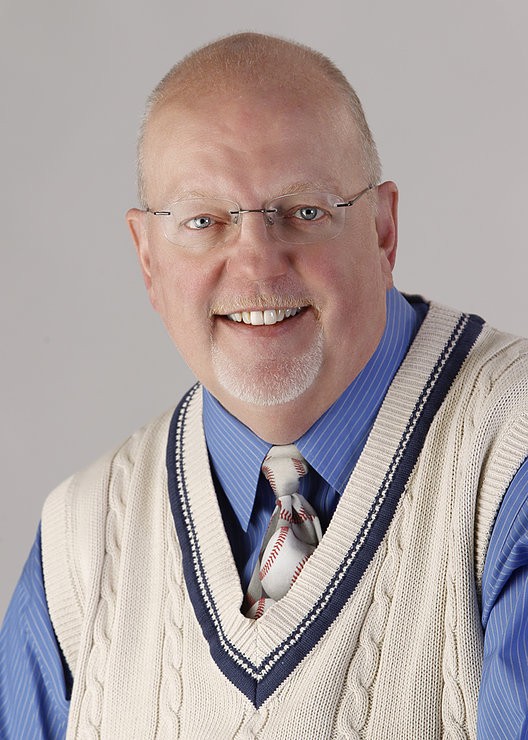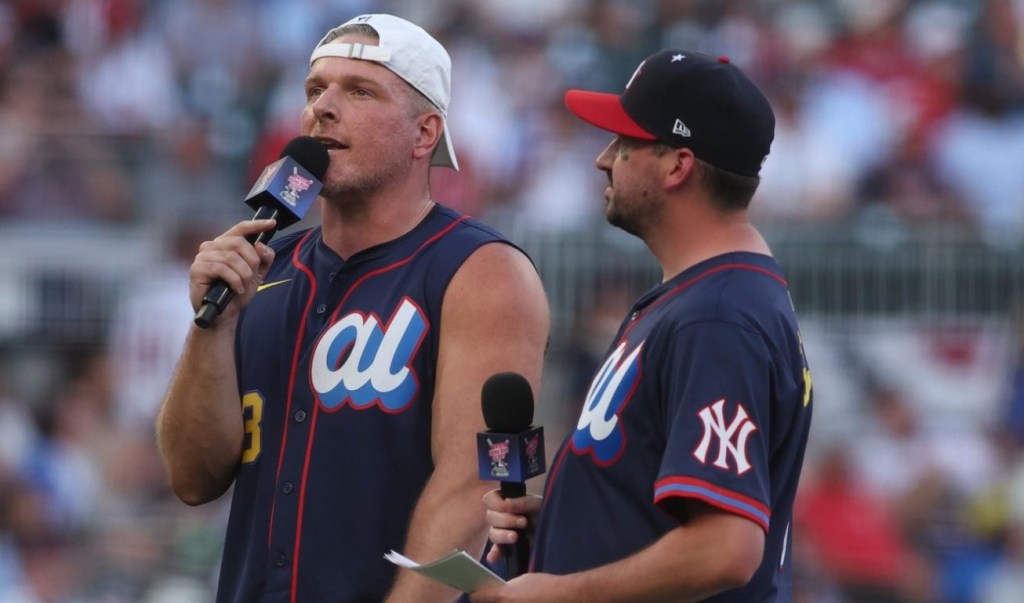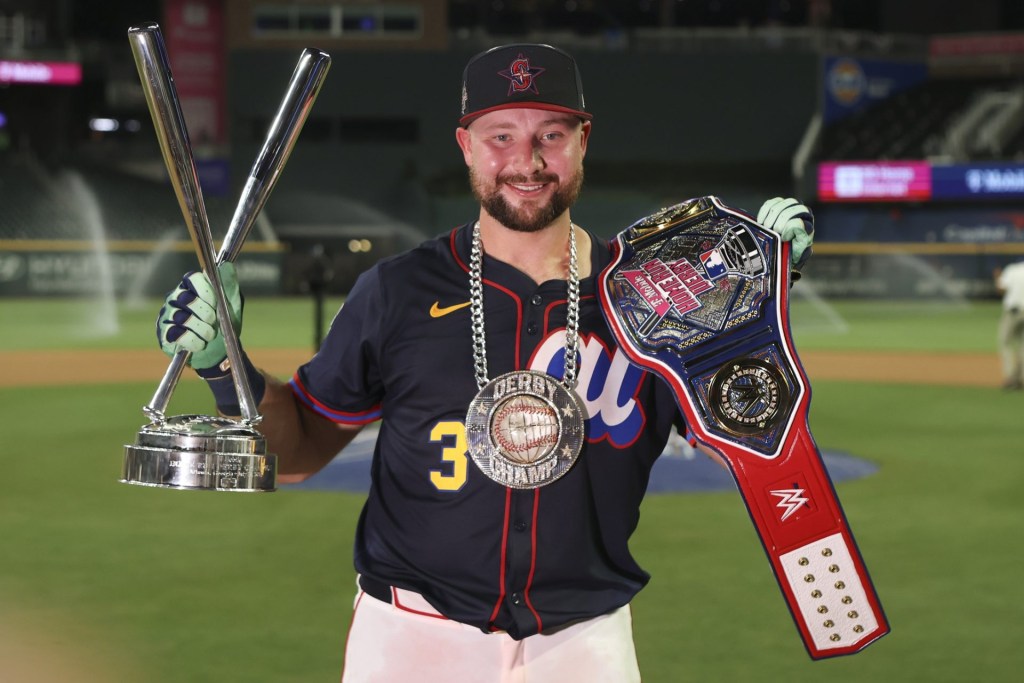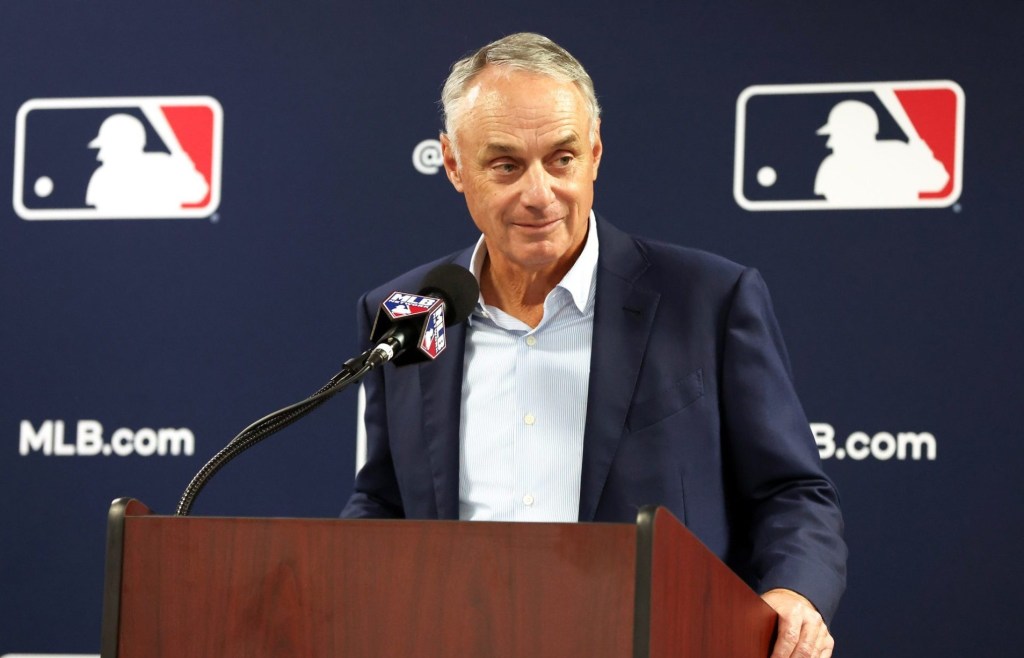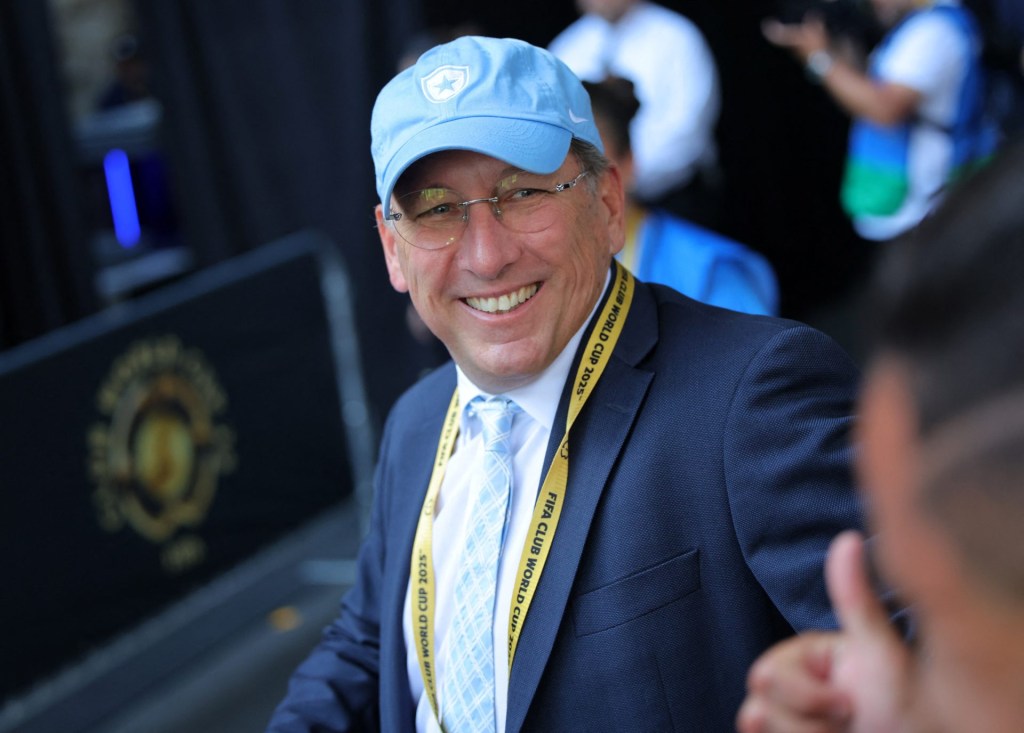By: Travis Gorsch, @tgorsch3

Front Office Sports is proud to have sat down with John Dittrich, Retired Baseball Executive. John was gracious enough to have offered up his time and insight in to his long career in professional baseball management. John has experience at every level in baseball spanning from independent ball all the way to the MLB. His keys to success came from taking the initiative to drive from Illinois to Texas to meet his future mentor, Bobby Bragan. This ultimately led to John’s long career in baseball with many stops along the way.
Your education is from Southern Illinois University in Journalism. What were your plans after college?
I thought I wanted to be a broadcaster or sports writer when I got into it. I love all sports. I found that was a harder career to break in to. You would have to work at a local radio station or TV station for a while before moving on while making little money and all that. I became fascinated with going to minor league baseball games in college and I thought to myself how many people would really want to work in the front office? So I decided to write letters to all of the MLB teams. I didn’t get any responses from some and others sent rejection letters. I was excited that they were writing back even if they were rejection letters.
The president of the Cincinnati Reds at the time, Bob Howsam, wrote me back and recommended trying the minor leagues. So I got myself a copy of The Baseball Blue Book, which was the equivalent of today’s Baseball America Directory. I wrote every minor league team, which was about 110 teams back then. It’s different today we didn’t have internet and email back then. Obviously it was a copied letter but I signed them all by hand. I got back maybe 30–40 responses. They said they would keep my resume on file. When you’re a new college graduate you don’t have a great resume.
One of the responses was from Bobby Bragan, the president of the Texas League. He said if I’m ever in the neighborhood to give him a call and he’d visit with me. He was always interested in helping young people get in to baseball. Bobby was a long-time major league manager but after being fired in Atlanta as the manager he went on to be an executive in the Texas League. I got in my car the day I got that letter and drove to Fort Worth, Texas. He answered his office phone at 4 o’clock on a Friday afternoon and told me he was about to leave the office. I told him that I was the kid that sent him a letter and now I’m here. Since he was leaving the office, he invited me to his house where there was actually a wedding anniversary party going on.
After a long evening of celebration, I was actually invited to spend the night in the guest room. The next day, Bobby offered me a job as his assistant and allowed me to use my journalistic background to put together a media guide for the first time in the Texas League history. I mailed them out to all of our teams to give to their media. It was something I got to do that I wanted to do. He sent me out to meet with teams in the league. It was really great because I got to sit in his office and listen to him talk about his playing days with Jackie Robinson and also when he managed greats like Roberto Clemente, Hank Aaron and others. He was treating me very well. I was in hog heaven. He also arranged for me to work on the grounds crew at Ranger’s stadium at night to make extra money.
How did you get your foot in the door early on in your career as a General Manager?
The GM [General Manager] for the Alexandria Aces left suddenly in August of ’74 so Bobby sent me down there to take over as the GM. I had no experience at that point. That’s how I got started as a GM. I’ve been a GM ever since that day. Who you know will get you the job but what you know will keep it. It’s sometimes hard to get a job because you have to have connections. I was aggressive; I drove to Texas from Illinois to meet him. He became my mentor for the rest of my life until he passed away in 2010. Once you develop a reputation for doing a good job especially under difficult conditions, which becomes your brand. Opportunities start to come to you without seeking them once your reputation is established.
You’ve worked in independent leagues, rookie ball, A, AA, AAA, and MLB. What were the major differences between the leagues?
Major League executives, at least GM’s and above, have to be mobile. Very rarely has a GM worked his whole career with one organization. Even the best like Dave Dombrowski who was just let go in Detroit is now going to Boston. I think most in professional sports and college sports you should be prepared to be flexible about where you are going to live.
Secondly, you have affiliated baseball versus independent baseball. In affiliated ball, the major league club pays most of the expenses such as salaries, workers comp, balls, bats, travel, etc… In independent ball the local club has to pay everything. That’s a huge difference from the business model. On the flip side, in independent ball you control your ball club and product on the field whereas in affiliated that is controlled by the major league club. In fifteen years of indy ball, we went to the playoffs eleven years and won five championships. In 25 years in affiliated ball we only won one ring.
The big league club controls everything in affiliated baseball. In independent ball I could hire the right people to put the right players on the field. You’re a miniature big league GM because you’re controlling everything that goes on including marketing and branding. On the other hand, in affiliated ball you don’t have to take the blame if your team stinks. That’s developmental ball for the big leagues. The plus side of affiliated is the fact that a much greater number of your players will eventually get called up to the big leagues. In hindsight you can say ‘so and so’ played for us. Also, the ability to make an operating profit is better in affiliated ball because the major league club pays for so much.
As far as rookie, A, AA, and AAA the difference is the talent and market. I might be the only person that has been a GM at all four levels. I went back to work in Rookie ball in ’14 in part to say I did it. From a marketing and business standpoint some towns are small. You can be the big fish in a small town if it’s the only attraction but your attendance might not be the greatest because the population is small. You have a small staff and have to do everything. The higher you go the bigger the city and staff. In the lower levels you have to have people that are the jack of all trades.
You’ve done a lot of moving during your career with stops in Texas, Louisiana, Florida, Canada, North Carolina, Georgia, North Dakota, Illinois, Virginia, and Arizona. You have been married for 45 years and have three children. Can you talk about the lifestyle of an executive in the baseball industry?
I think last time I counted I had lived in fifteen cities, ten to twelve states, a province and two countries. In the minor leagues you have to be willing to go anywhere and be mobile. Jobs aren’t easy to get because it’s a small industry. You have to take what’s out there and go. You build on that for something better. We always took the attitude that life’s an adventure. Some people will be a GM in the minors of a small town their whole career. That wasn’t the case very often back then. I also had a reputation of starting an organization from scratch or turning an organization around that wasn’t doing as well. I enjoyed my four years with Texas Rangers major league office, but I enjoyed minor leagues more. I stayed in the minors the rest of the way.
Our kids were born in three different cities and states. I don’t know if it was great for them because they had to move around a lot and make new friends. We are originally from Chicago so it was interesting to see the different perspectives of people around the U.S. We are all more alike than people think. Consequently we have friends scattered all around the U.S. We have fans, clients, and customers that have become our friends. Fortunately, my wife was willing to be mobile as well. Most of our life we spent out and about. The basic thing was we did a lot of start-ups., starting franchises from scratch.
One of the best organizations we were a part of was Calgary. Not a startup and we didn’t change much there. They were already doing a great job. In Calgary we had a staff of about fifteen people in a big market competing with a NHL and CFL team. The media and fans treated us like a major league team since we were the only team representing baseball. I enjoyed every town I was in and had radio talk shows in many of the towns when I was there.
You were able to land a position as the Assistant to the President with the National Association of Pro Baseball Leagues. How were you able to make the jump from a General Manager to this position? Did it have anything to do with your previous relationship as the Assistant to the President in the Texas League under Bobby Bragan? Can you talk about Bobby as your mentor?
He was an inspirational man. He was a very good public speaker. He was very popular in Fort Worth. If you would have had the opportunity to meet him you would have been inspired. The best thing he preached to me that I tried to follow was the concept of loyalty. When you’re working for someone and you can’t support their way of thinking then you should quit. When you take a job take it with the positive approach that you’ll be loyal to them. If there are principles that you can’t buy in to you shouldn’t take the job.
The other thing is how to deal with not being able to win every season. You have to do a good job on the business side of the team. In affiliated ball, you don’t have control over the wins and losses. You have to be able to understand you can’t control the weather, wins-losses, etc. You can make sure the fans have fun, staff is friendly, tickets are distributed efficiently, and food is good. Focus on these things, not the things you can’t control. Control the outcomes you can control. Pay attention to what teams with good operators are doing. We are only enemies on the field. We are friends that share ideas off the field. Bobby would call league meetings to share ideas about what worked such as promotions to get more fans to the ballpark. He was big on that.
Humility was a focus for him as well. Don’t be afraid to ask someone else for advice. He always wanted to help others. So I promised to do what I could when it was my turn to help young people. I would hire people who wanted to get in to the game and try to give them mentoring. The best thing you can do if you make it to the top of the business is not to forget your roots. Don’t forget where you came from. Be humble. Bobby used to say you meet the same people on the way up as you do on the way back down. Don’t get too carried away with yourself. He treated me like a son. I am proud to serve on the executive board of his foundation.
In total you have spent 41 years as an executive in many different levels of professional baseball including minor leagues and major leagues. Reflecting back on your journey is there anything that you would tell yourself back in 1974 when it all started?
If I had to do it all over again I might not have moved around as much for my kids’ sake during their formative years.
Other than that I think I made a mistake when I was younger and I thought I wanted to be a MLB general manager. I saw and met many of them throughout my career. I knew, and still know a lot of them. I had a lack of self-confidence come in to play. I may have sold myself short because I didn’t think I was as sharp as most of them. They were more confident and polished than I felt like I was. I didn’t see myself doing that after I got in to the business. That was one opportunity that I probably messed up. Bobby was elected president of all the minor leagues. He took me to St. Petersburg as the assistant, which was the second highest position in the minor leagues.
A couple of the assistants before then and since then have moved on to the president position or to high ranking major league positions. Johnny Johnson came in to be the new president after Bobby left and told me that I was welcome to stay on in the same role. I had made plans to go back to Amarillo to own the team. If I wanted to be a major league executive I should have stayed there. That is the only move that I’ve probably regretted but I moved on and didn’t worry about it too much afterwards.
What advice do you have for students and young professionals as far as networking goes?
The kids know a lot about it these days because of the internet. You have LinkedIn and other social media sites. I enjoy it because it keeps me occupied and it’s fun to look at. Today you have a lot more ways to meet people through the internet. With that being said there’s still no substitute for face-to-face meetings. Opportunities come in the oddest shapes and oddest times. Keep in touch with people that you work with and keep your doors open. There are job search engines out there too. Teamwork Online and Sports Careers have so many people on them that you get a ton of applications. I’d rather see a person in and meet them in my office.
Tyrone Brooks, Director of Player Personnel for Pittsburgh Pirates, has meet ups with people when he travels. You go in, meet people, and network. It’s a social gathering that allows you to get face to face with industry professionals. It’s called the Baseball Industry Network.
Parting wisdom?
Keep your mind and door open. You never know when someone is going to step through and help you. Don’t discount any relationships. Someone beneath you at one point can end up above you later. People are going to surpass you and you’ll surpass others.
We would like to thank John for his time and insight and we wish him the best in all his future endeavors!
You can follow him on Twitter here and connect with him on LinkedIn here!
